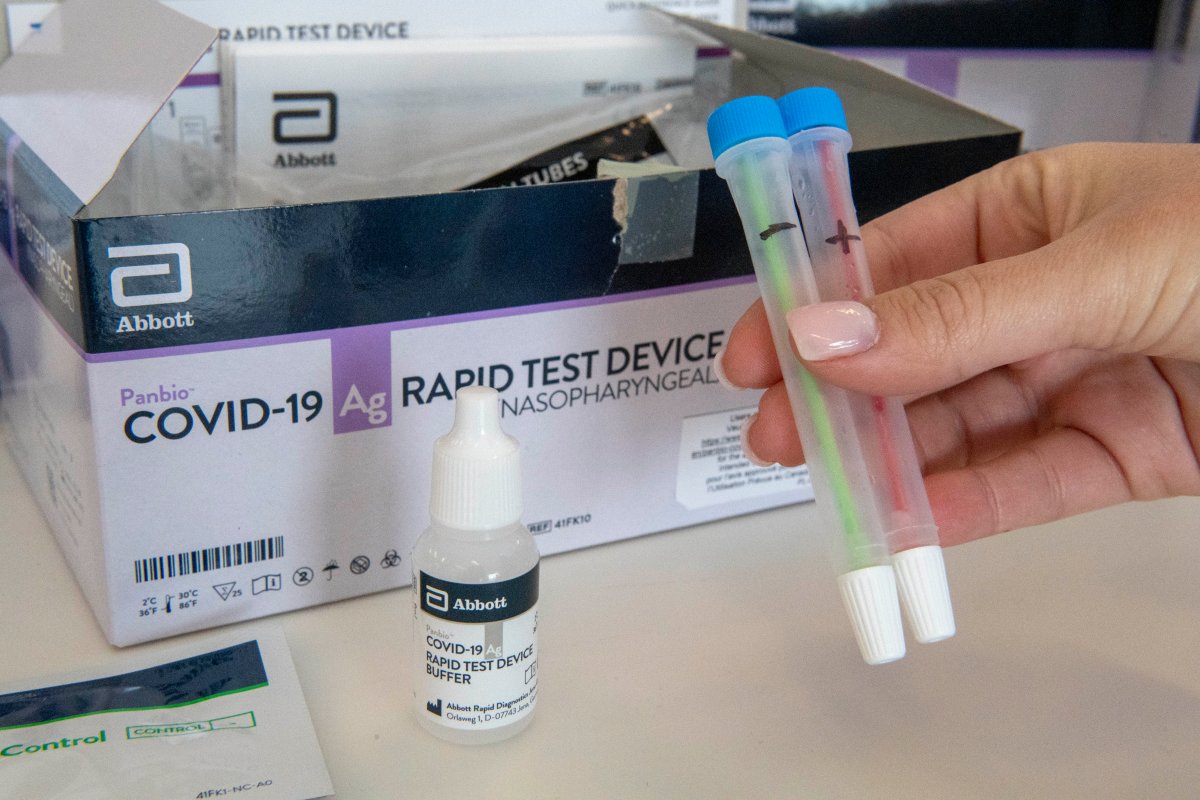Quebec is making more use of rapid COVID-19 tests but laboratory tests will remain the standard across the province, Health Department officials said Monday.

“We do need to be precautious,” Dr. Isabelle Goupil-Sormany, co-chair of a committee that reviewed rapid tests for the provincial government, told reporters Monday during a technical briefing.
“We want to push lab testing first, because they’re better, they’re more accurate.”
As of Jan. 29, Quebec had conducted 18,473 rapid tests — lower than the average daily number of laboratory tests conducted across the province.
The government has faced criticism from opposition parties who have said they don’t understand why the province waited months to start using the technology.
At the briefing — which was open to members of the opposition — Marie-Eve Bédard, an assistant deputy minister in the Health Department, defended the province’s decision to move cautiously. She said the province’s expert committee, which submitted its report on rapid tests Jan. 11, was trying to determine the best way to use the tests.

Bédard said Quebec has the capacity to conduct 40,000 laboratory tests a day and 83 per cent of patients get results within 24 hours.
And while the rapid tests give faster results, they are less efficient than laboratory tests, known by the acronym “PCR,” for polymerase chain reaction.
A popular rapid test brand called ID NOW, for instance, can provide a result in 15 minutes but can only do four tests an hour.
The ID NOW tests are being used in two centres in eastern Montreal and officials said Monday they planned to make more use of them in mobile clinics in areas of the city with high infections. Officials said they also planned to use the ID NOW tests in schools with COVID-19 outbreaks and at long-term care centres, adding that in time, workplaces will be using them as well.
Health officials reported 890 new cases Monday– the first time since early November that Quebec has reported fewer than 1,000 daily new cases.
- Canadian man dies during Texas Ironman event. His widow wants answers as to why
- ‘Sciatica was gone’: hospital performs robot-assisted spinal surgery in Canadian first
- Canadians more likely to eat food past best-before date. What are the risks?
- Treatment from female doctors leads to lower death rates, study finds



Comments